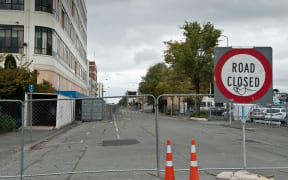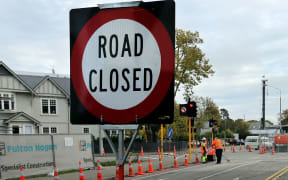Christchurch schools are successfully tackling post-traumatic stress in children by changing when they stop for meal breaks and encouraging them to drink more water.
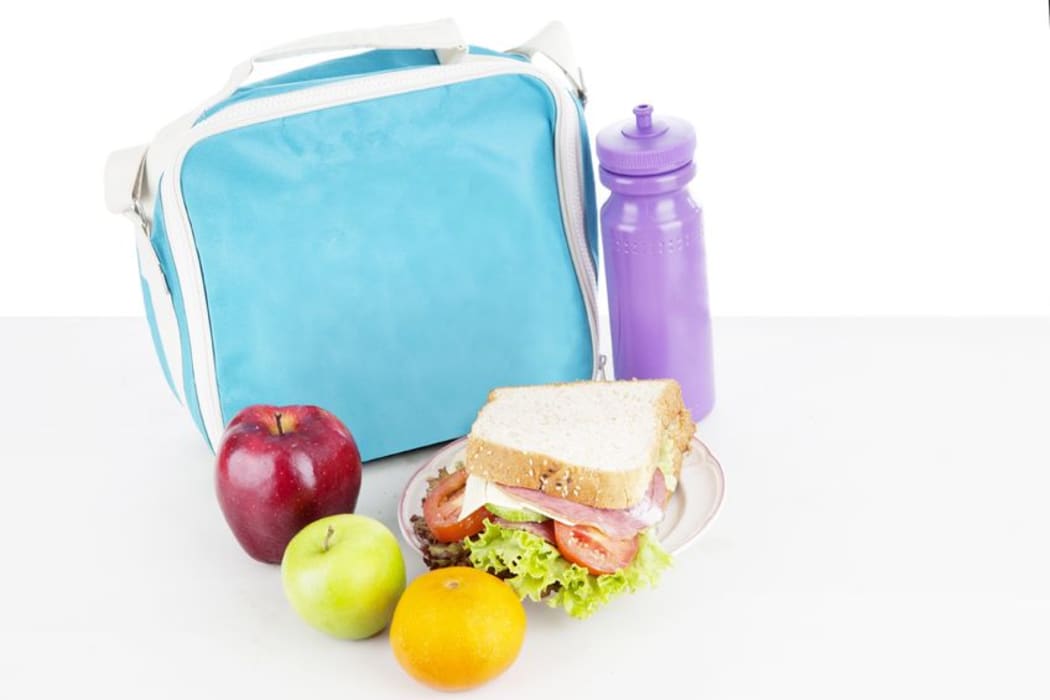
Schools are changing when children stop for meal breaks and encouraging them to drink more water. Photo: 123RF
The strategies have been devised by Canterbury University and have proved so successful with an initial five schools that this year another 15 schools and pre-schools are adopting them.
While the earthquakes are a distant memory for most, for children in Christchurch the impact has been ongoing.
Twenty thousand aftershocks, and counting, have been taking a toll on some who were bed wetting, playing up in class and needing to stay close to parents - all signs of post-traumatic stress.
Strategies devised by Canterbury University researcher Dr Kathleen Liberty aimed at turning things around.

Dr Kathleen Liberty Photo: Supplied
They included changing meal times so children ate just before they learned, ensuring they made best use of the fuel the food provided, instead of burning it all off during playtime.
Their water intake was monitored to avoid dehydration, wholemeal bread was promoted, and art work dangling at eye level was removed for those anxious about falling objects.
Mairehau Primary was an early adopter.
Principal John Bangma said half of his children were exhibiting signs of post-traumatic stress and the new approach had made a huge difference.
"So we went from significant numbers of children who were showing a significant number of post-traumatic stress disorder factors and we know that our children dropped from the number of those that they had down to far less or some who had none, so we do know that it's made a difference."
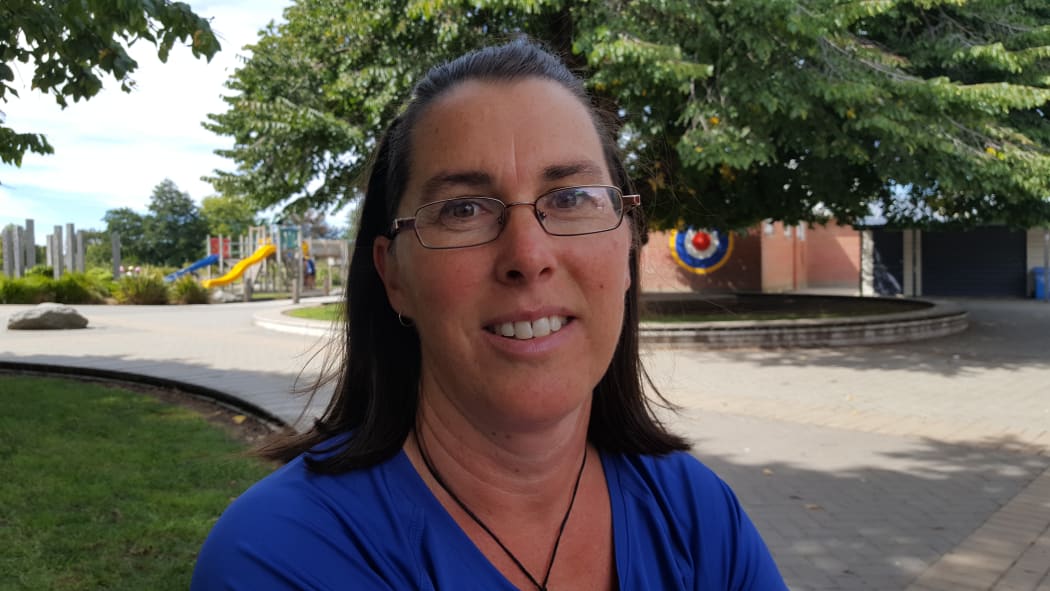
Katherine Uprichard said the fish oil given to her son as part of the study was the thing that helped him the most. Photo: RNZ / Conan Young
One parent, Katherine Uprichard, said her son, who was three at the time of the quakes, was traumatised after seeing somebody react badly to the shaking.
"He had trouble sleeping, he'd have nightmares, he didn't like to be left alone, he became very clingy and quite anxious. Although he may have had a little bit of that in him anyway, I think it [the quakes] just enhanced it."
The fish oil given to her son as part of the study was the thing that helped him the most.
"I would have noticed an improvement in around six months. His confidence grew and through his Year 4 year I think his confidence just started to rocket. It was great and of course his self-esteem along with that. And I think his coping skills."
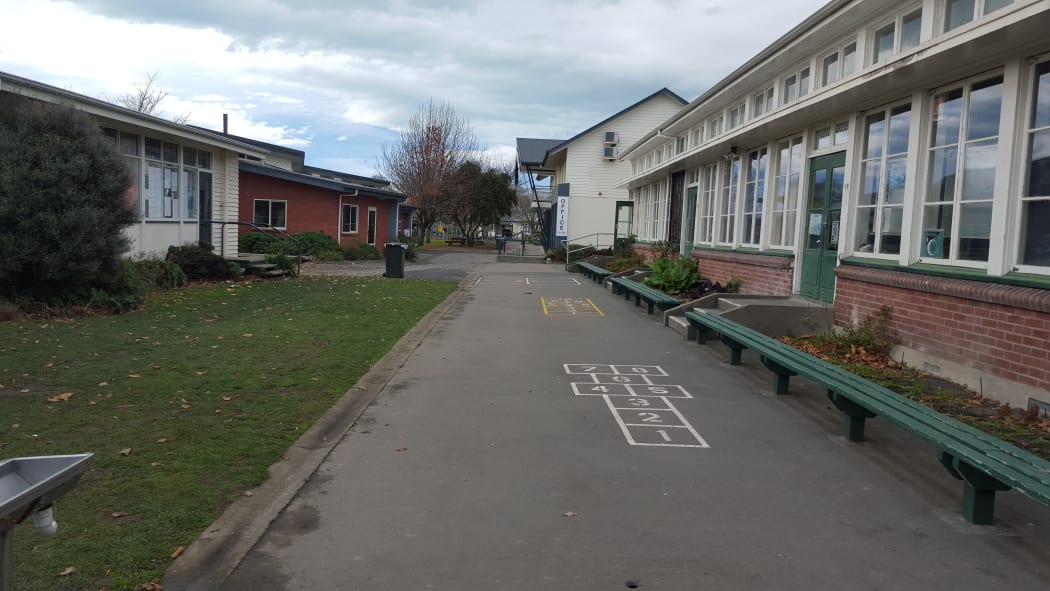
Banks Avenue School has had to fund its own social worker, its principal Toni Burnside said. Photo: RNZ / Karen Brown
One of the schools adopting the strategies this year was Banks Avenue.
Principal Toni Burnside said a new approach was desperately needed.
"The Ministry of Education are just now beginning to accept that there's a lot of mental health issues in schools, and especially for our schools in the east here.
"The support's not out there for these students or these families. As a school we fund our own social worker to try to meet some of those needs."
Canterbury University's Kathleen Liberty said the number of children exhibiting behavioural issues in the original five schools had reduced by 30 percent - a result she described as stunning.
There was relief among parents and teachers discovering the behaviour of their children was down to the earthquakes and not anything they had been doing wrong, she said.
While those using the strategies for the first time this year would replicate what had been done already, the five original schools would now move on to their next challenge - helping to improve children's sleep.


